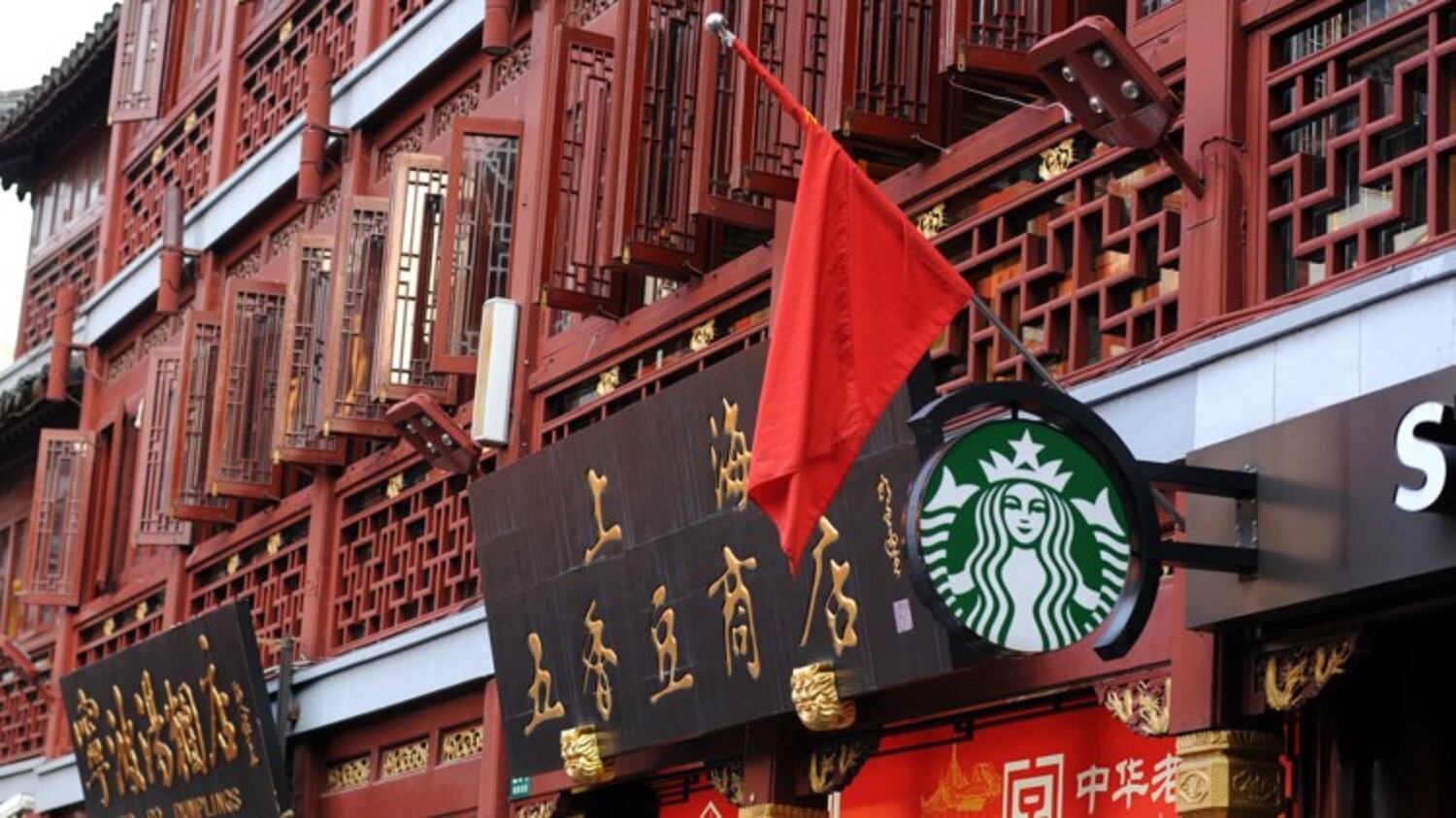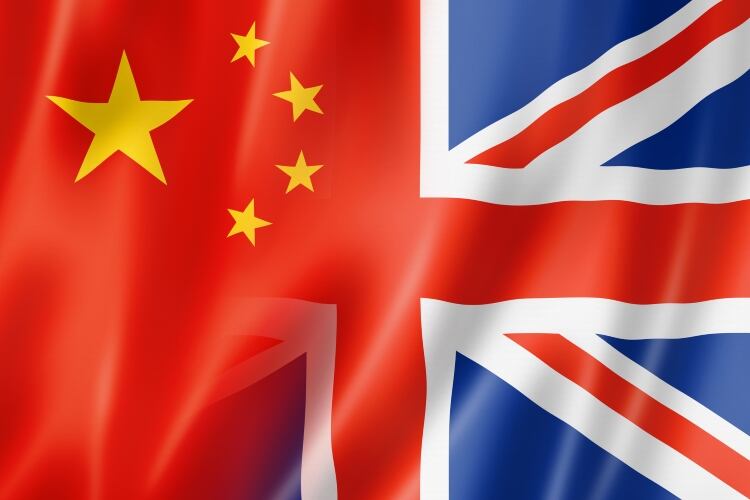For an indication of what might happen, it’s worth looking at other countries that have faced the wrath of China’s so-called “diplomatic sanctions”.
South Korea and Japan, for example, have seen how their businesses in China have been hurt as a part of their disputes with the country.
Following Seoul’s decision to deploy an anti-missile system that China strenuously objects to, major Korean retailer Lotte was forced to suspend operations at many hypermarkets after Beijing claimed they had violated fire-safety rules. Lotte continues to suffer losses as, having pulled out of China, it is unable to sell many of its units. According to the Yonhap news agency, it lost an estimated KRW2tr (US$1.8bn) in the year from March 2017.
On Japan’s part, its automakers endured crushing losses in sales to China in the midst of a dispute over the sovereignty of islands in the East China Sea, due to a boycott allegedly organised by central authorities in Beijing.
Like Hyundai in Korea’s spat, having been shunned in China since last year, the government’s propaganda wing was supposedly behind a public embargo of the likes of Toyota and Nissan vehicles.
With many multiples of assets in China, compared to China’s assets in the US, and relative sales between the two countries, America has much more to lose than its trade rival, should President Xi Jinping decide to play hardball.
According to a recent report by China International Capital, American businesses had US$627bn in assets and US$482bn in sales in China in 2015, compared to just US$167bn in US assets and US$26Bn in sales for Chinese companies,
Feeling the heat
While the automotive industry—again a natural victim with carmakers like General Motors and Tesla viewing China as a bountiful market—are jittery about the future, food and beverage companies are also feeling the heat.
For coffee chain Starbucks, China was a standout market last year, posting 7% same-store sales growth, making it the company’s second-most important territory. This year, it is expecting to accelerate store openings, with the aim of adding 600 new outlets a year to reach 6,000 by 2022.
But store sales dropped by 2% last quarter, and the company is especially exposed to any government sanctions as it owns most of its outlets in China, where it rarely sells franchise rights.
Likewise, McDonald’s has been seeing a drop in customer visits after booming for the last two decades. Its decision to sell off its China division to an investor group last year for US$1.7bn could shield it from Chinese retaliation to America’s trade policy, but the company still retains a 20% stake in the business.
Perhaps the American names facing the biggest risk are KFC and Pizza Hut, which is owned by Yum! China Holdings, a Chinese spin-off from its US parent, Yum! Brands. As owner of the biggest network of fast-food restaurants in China, it has seen a dramatic downturn in the last few years, and was the target of anti-US protests in China two years ago.
Pressure from the government would add to Yum! China’s problems, with Pizza Hut struggling and KFC unexpectedly seeing flat sales last quarter as domestic chains and healthier options grow in popularity among younger customers. Pressure from Beijing might well push a rumoured takeover bid by Chinese funds to take place.



